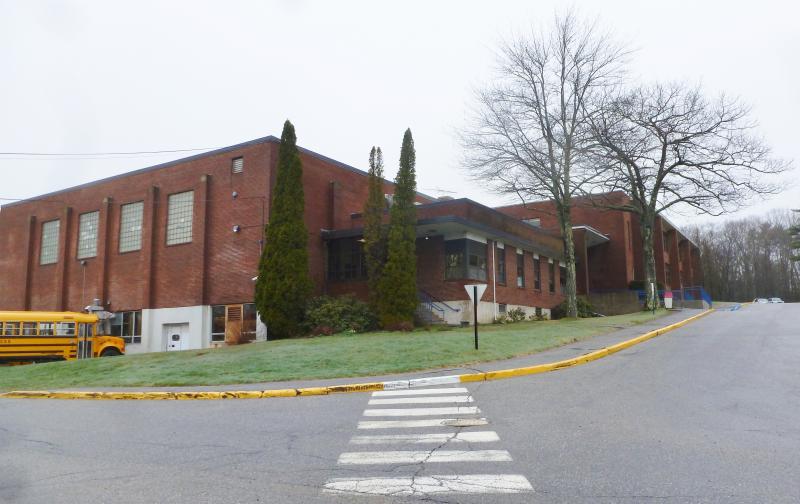Boothbay Region High School teacher Ben Powell told committee members May 10, the school’s network issues continue to disrupt teaching and learning. The issues are not nearly as mild as suggested in prior meetings and committee members should not be walking away from meetings understanding the situation to be normal and descriptions of the network exaggerated, said Powell. “This just simply is not true, guys.”
Powell said he has network issues in his classes once or twice a week which makes it hard to accomplish lesson plans. He used examples including a disrupted Zoom session with a University of Maine representative presenting learning opportunities and time devoted to a survey students were supposed to take for visioning work on the campus development project. He said during the period set aside for taking the survey, no one could access the website for 10 to 15 minutes and the download speed hovered around 2MB/s, a far cry from the 10MB/s required for streaming a standard definition video, he said.
Alternative Organizational Structure (AOS) 98 Tech Director Brynne Roseberry can verify the issue since he brought her into the classroom immediately to log the event, he said. Roseberry has been troubleshooting problems as they come up, but teachers are still using hot spots due to network unreliability, he said.
“I know some people took offense to the way the network was described in a previous Boothbay Register article, but that description came directly from the students. As we all know, they often tell it like it is … At this point we have to be realistic about the situation: The network is not working as it should all the time. Stating otherwise doesn't help. If you don't believe me, I implore you to come into the school, talk to teachers, talk to the students who use the network on a daily basis.”
Member Bruce MacDonald said he feels stuck in an uncomfortable position with conflicting reports on the state of the BRHS network. “We (heard) … a while ago that things are crashed and burning. That's what it sounds like. Then I hear from you guys that, 'No, we are running the best we can with problems we are trying to better understand.' That's fine if we're doing that, but I still feel like I'm hearing two stories.”
AOS 98 Superintendent Robert Kahler said frustrations with the network are definitely ongoing, but he asked staff to keep logging reports so the tech team has a full grasp on the network’s failings. He said the CSD has received two requests for proposals from network engineers and one will soon be examining the BRHS and BRES networks to determine what is causing the issues. The cost will be around $7,500, he said.
Asked if a network engineer will be able to fix the issues, committee member Ruth Macy said the end product might just be a diagnosis, but if the issues are as simple as tweaking signals from the hubs, for example, they may be able to fix it right away. “That's not new hardware, that's not a lot of money. That's just the person who's servicing it dialing into what needs to happen. That's why you want an engineer to do it because you want to rule out replacing every hub and spending all that money and that wasn't the problem to begin with.”
Powell said he does not want to stall any efforts to fix the issues by acknowledging concerns are beyond the current understanding of the committee, but a fix needs to happen before the next school year.
“I hope instead of minimizing this issue that we all simply recognize there is a problem. I don't think anyone is to blame or that there is a singular root cause. We do need to do everything we can to get it fixed, though, ideally before the beginning of next year because it is affecting us in the classroom and it is affecting the kids.”

























